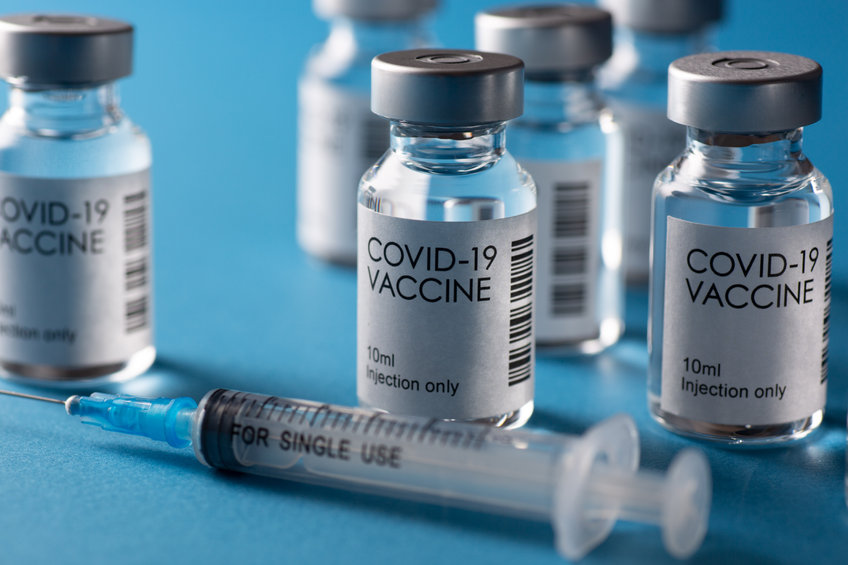Despite the recent spike in COVID-19 cases around the country, many Americans are dismantling their home offices and heading back to their companies’ workplace. To feel more secure and protected against the virus while returning to society, approximately 49.2% of Americans have observed CDC recommendations and are fully vaccinated against COVID-19. Accordingly, can the remaining unvaccinated population be required by their employers to get the vaccine? Bottom line: yes, employers can require their employees to get the vaccination.
Is the COVID-19 vaccine federally mandated?
The COVID-19 vaccine is not required by the CDC or federal government but is strongly recommended. Nonetheless, some healthcare workers, essential employees, and private company employees may be required to receive the vaccine due to state or local law and employer policies.
Can my employer require me to get the COVID-19 vaccine? What is the EEOC’s guidance regarding mandated vaccinations in the workplace?
Your employer could mandate that you receive the COVID-19 vaccine. Under the Americans with Disabilities Act (ADA), Title VII of the Civil Rights Act, and other federal laws, companies are not prohibited from requiring those coming into the workplace to get vaccinated. The Equal Employment Opportunity Commission (EEOC) published guidance that allows both public and private sector employers to establish vaccination mandates.
Nevertheless, employees may be exempt from the vaccine if they have a disability or sincerely held religious belief, practice, or observance. If an employee wishes to be exempt from the vaccine mandate, then he or she must have a discussion with the employer to determine if there is a reasonable accommodation. For example, if an employee is allergic to an ingredient in the COVID-19 vaccine or follows a religion that rejects modern medicine, the employer must provide the employee with a reasonable accommodation.
Can an employer ask to see proof of vaccination?
Employers may ask their employees to present proof of vaccination in order to enforce vaccination policies under EEOC guidance. Although the ADA protects employees from disclosing their medical history, the EEOC has stated that asking employees of their vaccine status is not a “disability-related inquiry” protected under the ADA. Due to the COVID-19 pandemic, employers have been given leniency to ensure that they are creating and maintaining a safe, healthy workplace.
However, there are still some restrictions on this leniency. For example, employers cannot go beyond the scope and inquire about the employees’ medical history or information pursuant to the EEOC and ADA. Employers must also make sure that any disclosure regarding vaccination status is confidential and remains solely between the employer and employee.
Does that mean my employer can fire me for refusing to get the vaccine?
Yes, an employer could fire an employee who does not follow the employer’s vaccination requirement, assuming that the employee does not qualify for a disability or religious accommodation. It is up to the employer on how they wish to enforce the company’s vaccine policies.
Could an employer face any repercussions for requiring the vaccine?
If an employer chooses to implement a vaccination mandate, employers must be mindful that they may face discrimination allegations. Employees may allege that the vaccine requirement has a disparate impact on demographic groups that do not have access to COVID-19 vaccines. Accordingly, employers should give their employees the opportunity to receive the vaccine by providing on-site vaccinations, paid leaves, or transportation to a vaccination site.
Additionally, the EEOC warns that implementing vaccination requirements for employees of certain demographic groups—whether based on age, sex, race, ethnicity, religion, sexual orientation, or disability—is illegal. Employers are prohibited from treating their employees differently when it comes to enforcing the vaccination requirement unless there is a “legitimate non-discriminatory reason.”








